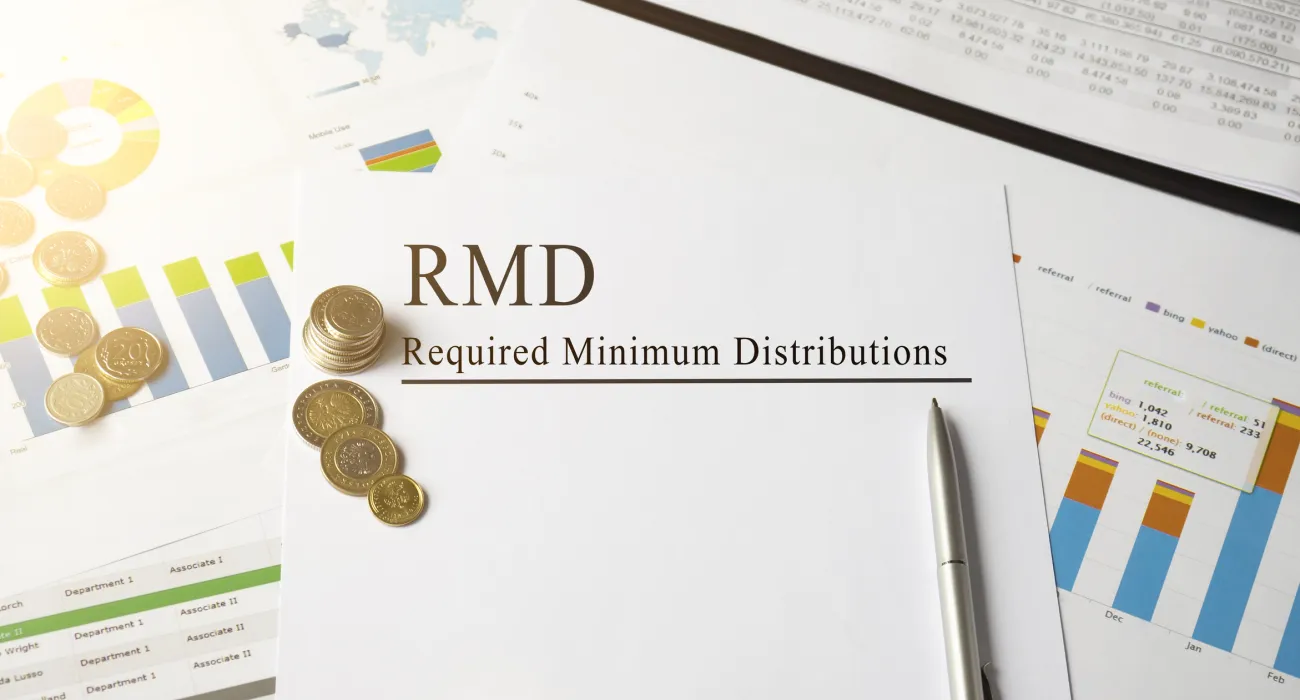To wait or not
to wait, that is the question.
80% of retirees
wait until their RMD (Required Minimum distribution) date to begin tapping into their retirement. Is this wise? Your individual circumstances need to be
examined and you also must ask why the rules keep changing.
RMD
requirements came out of legislation in 1974 called ERISA. This was a massive
piece of legislation that may affect the average American more than any other
piece of legislation. It governs pensions, retirement accounts, and other
employee benefits. In 1974 the law said RMD's needed to begin by age 70 ½. These
rules didn't change for 45 years, then in 2019 congress passed the SECURE Act
which raised the required withdrawal date to age 72.
It looks like
our government will soon pass the SECURE Act 2.0. If passed in its current
form, it would move the required RMD start date to age 75 (phased in over several
years).
Why so many
changes? Do they want us to have more money to retire, or do they want to
maximize tax revenue?
Life expectancy
is around age 85 (a little longer for women, and shorter for men) So, by
starting withdrawals at age 75, you may only have 10 years to take your
withdrawals. Starting at age 60 you are looking at 25 or more years to
withdraw. If the account value increases while you delay and the withdrawal
period is condensed, this will mean much larger withdrawal amounts and will
likely mean higher income tax burdens. Other things become more likely after
age 75. Terminal illness, and/or long-term care expenses. These events are
likely to cause a spike in withdrawals.
Currently a widow
has the privilege to continue RMD's from her spouses account (they usually will
move it into their own name) without interruption or any real change. Interestingly
enough, the SECURE act eliminated stretch IRAs for non-spouse beneficiaries. So
presently, the kids can only keep the money sheltered for up to 10 years after
they inherit. (10 years from the date account holder passed away).
There are at
least two things that can be changed at any time. Tax rates and income
thresholds. People are usually more away of tax rates changing, than
adjustments to thresholds (brackets). The IRS can quietly build a bigger net. You
can know your tax rate today (kind of), but there is no way to predict what
tomorrow's rates will be.
Consider all
your options and look at the math. Don't just assume delaying the withdrawals
will result in lowering your tax burden. If you don't expect to need this money
to live on, you should consider a Roth conversion strategy.
Pay your fair
share in taxes, not your unfair share.
If you would like to receive more information on making smart money moves for your future, be sure to contact us today!




